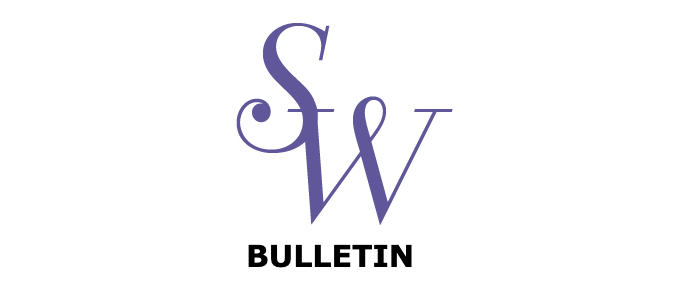Settling can be good
Enter Resolve Law LA, a little-known program offering another approach. Using judge-ordered mandatory settlement conferences, the Los Angeles County Superior Court program provides an opportunity for litigants to settle their cases before they go to trial. There is no cost to litigants, and roughly half of the cases referred to the program end up settling before trial.
The COVID pandemic has completely changed the practice of law. From Zoom client meetings to remote depositions, we’ve all become comfortable with working differently and moving at a different pace. But for our clients, many of whom have waited an inordinate length of time to get their cases resolved, there is no such comfort.
Click here to read the full article [Subscription Required]


